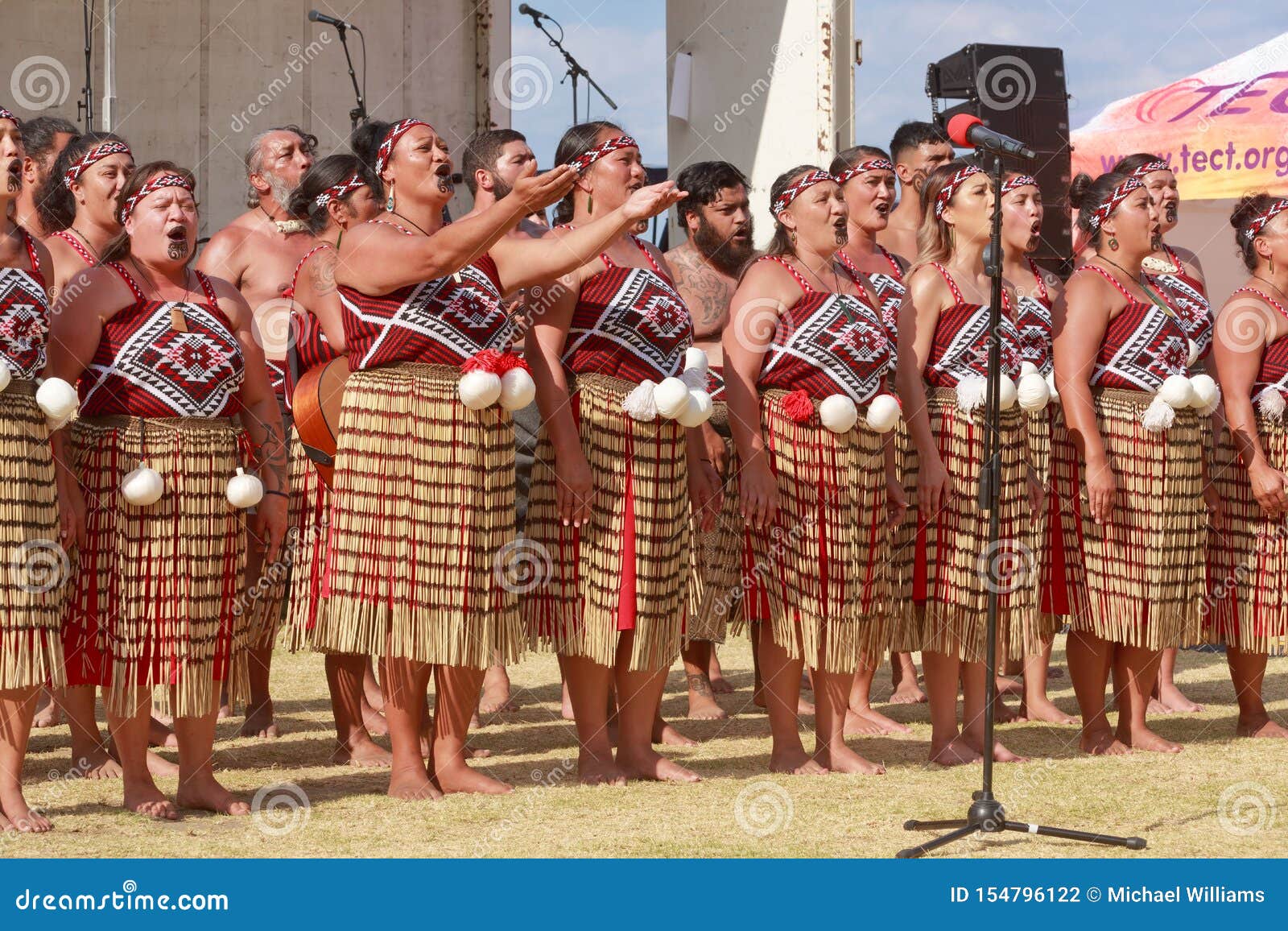When we talk, our words carry meaning, but the way we say them, the actual sounds we make, also tells a big part of the story. It’s a bit like how a song needs the right notes played in the right way to truly feel like itself, you know? Getting those sounds just right can make a huge difference in how your message lands, and it shows a kind of respect for the language you're speaking, actually.
For a language like Te Reo Māori, the way words are spoken holds so much importance. Each sound has its own place, and getting them right helps you connect with the deep cultural roots that are woven into every single phrase. It's not just about being understood; it's also about honoring a heritage that is, in some respects, truly unique. Trying to speak the words as they were meant to be heard can open up a whole new level of appreciation, you see.
Many people find themselves a little hesitant when it comes to trying out new sounds from a different language, and that's perfectly natural. Yet, the reward of making an effort with Maori pronunciation is really quite something. It's about stepping into a conversation, both with people and with history, in a way that feels genuine. So, let's explore a bit about how we can approach this with a bit of ease and a lot of heart, okay?
- Emilysantt Erome
- Hotel In San Ramon Ca
- Handy Tips Dr Homey
- Neil Cavuto Weight Loss
- Faye Resnick %C3%A9poux
Table of Contents
- Why Does Maori Pronunciation Matter?
- How Can You Approach Maori Pronunciation?
- What Makes Maori Pronunciation Special?
- Is Correct Maori Pronunciation Really Important?
- Simple Steps for Maori Pronunciation
- Getting Started with Maori Pronunciation Sounds
- Common Pitfalls in Maori Pronunciation
- The Heart of Maori Pronunciation
Why Does Maori Pronunciation Matter?
You might wonder why putting in the effort for how words sound in another language is such a big deal. Well, in many ways, it's about more than just the words themselves. It’s about showing that you care about the people who speak that language and the place it comes from. When you try to get the Maori pronunciation right, you’re sending a clear signal that you respect their way of speaking, and that you value their culture, too it's almost a form of connection.
Consider this: every language carries a piece of its people's story. The sounds themselves, the way they flow together, these are things that have been passed down through generations. To ignore those sounds, or to just say them in a way that feels comfortable to your own language, would be a bit like trying to play a beautiful piece of music but getting all the notes wrong. It just wouldn't sound like it should, and it would lose a lot of its feeling, you know? So, proper Maori pronunciation helps keep that original feeling alive.
It also helps avoid misunderstandings, which is pretty practical, honestly. Different sounds can sometimes mean completely different things in another language. While you might think you're saying one word, a slight change in how you make a sound could mean something else entirely. Getting the Maori pronunciation right helps make sure your message is clear and that you're communicating effectively, which is what language is for, after all.
How Can You Approach Maori Pronunciation?
So, how does one even begin to tackle the sounds of a language that might be quite different from what you're used to? It can seem a little overwhelming at first, but it's actually more about patience and listening than anything else. You don't need to be a language expert to start making progress with Maori pronunciation. It's a bit like learning any new skill, really, you just take it one step at a time, you see.
A good way to start is by simply listening. Listen to people who speak Te Reo Māori naturally. Pay attention to how they form the sounds, where they put the stress in words, and the general rhythm of their speech. You might find that some sounds are very similar to what you already know, while others are completely new. That's perfectly normal, and it's part of the process, kind of. Just let your ears get used to the sounds before you even try to make them yourself.
Then, when you feel a little more ready, try to imitate those sounds. Don't worry about being perfect right away. The goal is just to get your mouth and tongue used to making shapes and movements that are new to them. Practice saying individual sounds, then short words, and then maybe even small phrases. It's a gradual process, and every little bit of practice helps improve your Maori pronunciation, you know?
What Makes Maori Pronunciation Special?
Every language has its own unique qualities, and Te Reo Māori is no different. There are certain aspects of its sound system that give it a very distinct character. These are the things that make listening to it a particular experience, and they are also the things that might require a little more focus when you're trying to speak it yourself. It’s about appreciating those specific features, really, that give Maori pronunciation its true flavor.
For example, you might notice that vowels in Te Reo Māori are usually very clear and distinct. They don't tend to change their sound much, unlike in some other languages where vowels can be a bit shifty depending on the words around them. This consistency is actually quite helpful once you get the hang of it. It means that once you learn the sound of each vowel, you can be pretty confident it will sound that way almost every time, which simplifies things a bit.
Also, the way certain consonants are formed, or how they combine with vowels, gives the language its particular flow. There are often sounds that might not exist in your first language, and these are the ones that typically need a bit more practice. But once you start to master these, you'll find that your Maori pronunciation begins to sound much more natural and authentic, which is a really satisfying feeling, by the way.
Is Correct Maori Pronunciation Really Important?
Some people might think that as long as you're understood, the exact way you say things doesn't matter all that much. But when it comes to a language like Te Reo Māori, which is so deeply tied to cultural identity and revitalization, getting the sounds right carries a weight beyond simple communication. It's about respect, as a matter of fact, and honoring a linguistic heritage.
Imagine someone trying to speak your own language, but they consistently mispronounce common words or names. You'd probably still understand them, but it might feel a little jarring, or perhaps even a bit disrespectful if it happened often. The same goes for Maori pronunciation. When you make an effort to speak the words correctly, it shows that you value the language and the people who speak it, which is a truly meaningful gesture.
Furthermore, language is a carrier of culture, stories, and history. When sounds are distorted, some of that richness can be lost. Accurate Maori pronunciation helps to preserve the integrity of the language and ensures that its cultural nuances are maintained. It’s about keeping the language vibrant and strong for future generations, which is a pretty important role to play, even if you’re just learning a few words.
Simple Steps for Maori Pronunciation
So, you're ready to give Maori pronunciation a real go. That's fantastic! The good news is that you don't need a fancy linguistics degree to make progress. It's more about building good habits and being consistent with your practice. Think of it like learning to ride a bike; you start slow, maybe fall a few times, but with practice, you get smoother and more confident, you know?
One of the simplest things you can do is find reliable audio resources. There are many recordings of Te Reo Māori speakers available, and listening to them repeatedly is one of the best ways to train your ear. Don't just listen passively; really try to pick out individual sounds and how they connect. You might even try to shadow the speaker, saying the words along with them, which is a great way to get your mouth moving, actually.
Another step is to break down longer words into smaller, more manageable parts. Maori words often have clear syllables, and practicing each syllable separately before putting them together can be very helpful for Maori pronunciation. It's like building with blocks; you get each piece right before you assemble the whole thing. This method can make seemingly long words much less intimidating, truly.
Getting Started with Maori Pronunciation Sounds
When you're first getting started with the sounds of Te Reo Māori, it can feel a bit like learning a new instrument. Your mouth and tongue might need to get used to making shapes they haven't made before. But with a little bit of focus, you can definitely begin to form those sounds correctly. It's just a matter of practice and really paying attention to how your mouth feels when you make them, you see.
Focus on the vowels first. Te Reo Māori has five main vowel sounds, and they are generally very consistent. Once you learn those five sounds, you've got a really strong foundation for Maori pronunciation. Practice saying them clearly and distinctly, perhaps even exaggerating them a little at first until you feel comfortable. This helps build muscle memory in your mouth, which is pretty important for new sounds.
Then, move on to the consonants. Some will be familiar, while others might require a bit more effort. Pay special attention to sounds that are unique to Te Reo Māori, or those that are pronounced differently from how you might expect based on your own language. Small, consistent practice sessions are far more effective than long, infrequent ones. Just a few minutes each day can make a big difference in how quickly you pick up Maori pronunciation, honestly.
Common Pitfalls in Maori Pronunciation
Even with the best intentions, people often run into a few common issues when trying to get their Maori pronunciation just right. It's not about making mistakes, because everyone does, but rather about being aware of these common areas so you can focus your practice and avoid falling into habits that are hard to break. Recognizing these can save you a lot of time, you know?
One frequent thing is trying to apply the sound rules of your own language to Te Reo Māori. For instance, if your language has "lazy" vowels that change sound depending on where they are in a word, you might accidentally do that in Māori, where vowels are usually very pure. Being mindful of this tendency can help you keep your Maori pronunciation clear and accurate, actually.
Another common point is rushing through words or not giving enough emphasis to certain sounds. Te Reo Māori often has long and short vowels, and getting these right can be very important for meaning. If you rush, you might not give the long vowels their full length, which could change the word. Taking your time and being deliberate with each sound will really help improve your Maori pronunciation, by the way.
The Heart of Maori Pronunciation
Ultimately, learning to speak Te Reo Māori with good Maori pronunciation is about more than just making the right sounds. It's about connecting with a vibrant culture, showing respect for a rich history, and participating in the ongoing life of a language. It’s a personal journey, and every step you take, every sound you try to make correctly, adds to that connection. It’s a pretty meaningful thing to do, really.
The sounds of a language are like the heartbeat of its people. They carry emotions, stories, and a way of seeing the world that is unique. When you make an effort to learn Maori pronunciation, you're not just learning words; you're learning to feel the rhythm and soul of a people. This effort, however small, is deeply appreciated and helps keep the language strong, you know?
So, don't be afraid to try, to make mistakes, and to keep practicing. The journey of learning any new language, especially its sounds, is a rewarding one. Every time you speak a word of Te Reo Māori with care for its pronunciation, you are helping to ensure that this beautiful language continues to be heard and celebrated for generations to come. It’s a very worthwhile endeavor, honestly.
Related Resources:



Detail Author:
- Name : Dr. Arvel Kautzer
- Username : qbogisich
- Email : kurtis23@yahoo.com
- Birthdate : 1987-04-14
- Address : 6457 Berge Well Apt. 439 Haydenbury, UT 13528-4971
- Phone : 480-621-8539
- Company : Sauer PLC
- Job : Nursing Aide
- Bio : Aut recusandae laboriosam libero quia atque iusto laudantium. Ut quia at minima facilis et omnis id. Voluptate nihil qui incidunt qui et. Rem adipisci quisquam est quaerat fugiat deleniti.
Socials
instagram:
- url : https://instagram.com/delpha6730
- username : delpha6730
- bio : Ut est velit et. Iusto autem voluptate cupiditate dolor voluptate rerum explicabo ea.
- followers : 1683
- following : 2539
twitter:
- url : https://twitter.com/delpha1947
- username : delpha1947
- bio : Aut pariatur placeat veniam soluta non nam. A aut saepe ad officia vitae et corporis voluptatem. Quo eos omnis assumenda sunt commodi harum.
- followers : 3837
- following : 2259